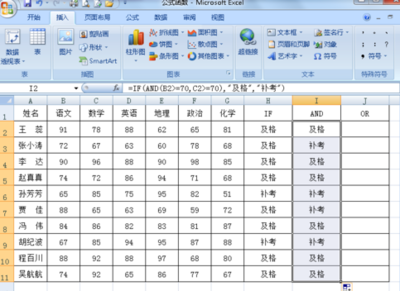作者:本真
老师来邮:邓老师,三年级下册第5单元B部分出现一组句子:A:I don't like watermelons. B:Me,neither.此处的neither是否应改为either,还是这样表达也可以。谢谢!
本真在google上输入:me neither,便出现这样的画面:
点选了第一个网址,便找到一个非常详尽的回答,贴全文如下:
BestAnswer- Chosen by Asker
Short answer-- in everyday informal speech "Me neither" is often the bestchoice.It is true that forFORMAL usage, you would be expected to say something like "Neitherdo I" or "Nor I".
But forINFORMAL/COLLOQUIAL--everyday!--spokenEnglish,those forms do not always need to be used, and may even bediscouraged as "stuffy".
To start with, itdoes not matter at all that it is a "sentence fragment". Simplepositive or negative responses are commonly 'incomplete sentences',even in formal use -- examples: "Yes!" and even "Nor I". In fact,omitting a verb is not unusual in ordinary conversation. If theverb is implied (as when it has just been used), it does not alwaysneed to be (re)stated.
The main issuepeople have is with the use of "ME".
Observation - Youare generally supposed to use "I" as the subject (the one who isdoing the action), and "me" for the object (the one receiving theaction, often after a preposition). - "I gave it to him". "He gaveit to ME"
But it has long beenacceptable spoken English to use "me" in certain places wherestrict, formal grammar requires, or supposedly requires "I". Themost common example is when answering the question "Who's there?"Some grammarians insist that you must say "It is I". But in mostSPOKEN English you will here "It's me" or simply "Me!" And it isNOT considered vulgar or lower class except by certain grammarsnobs. (There's also a fairly solid grammatical explanation for why"It's me" works... but I don't want to get too far offtrack!)
In fact, it seemsthat "ME" is commonly used for EMPHASIS, even when it's thesubject/actor you are emphasizing -- especially if you speakWITHOUT using a verb. Thus, when you are giving a ONE-word answer(to "Who's there"? or "Who made this mess") and NOT using a verb,you simply say "ME". Note that goes for ALL the pronouns "Him""Her" "Us" all work the same way. "Me neither" (no verb!!) followsthe same pattern.
As for "NEITHER" vs."EITHER" -- generally, I'd encourage you to say"neither".
Suppose your friendsays "I didn't like that movie" or "I don't want to go home yet".Your response could be the formal "Nor I"/"Neither do I". Butcolloquial usage would often be either "I don't either" OR thesimple "Me neither".
The point is this.Since you are communicating a NEGATIVE idea, you should include anegative form. "Neither do I", "Nor do I", "Nor I", "I don't*either" and "Me neither" ALL do so. So does another alternativethat may help this discussion -- "Not me, either." (This last form,however, is a bit more likely to be used when me IS theobject.)
So what about "meeither"? Well, you do now find that form in American English.Though I do not recommend it, I would not worry about it too much.I believe it began as an abbreviated form of "Not me,either".
In any case, whensomeone uses that form, it is CLEAR that they are AGREEING with thenegative of the person they are answering, so there is no confusionabout the meaning. (That's why, though I don't recommend it, Idon't worry about it either.)
感谢这位老师的提问,让我再一次通过网络找到答案,在这个过程中澄清了原本有些模糊的知识。
| 也许您对这些文章感兴趣: 用"a"还是"an"是发音的自然要求,不是约定的语法规则 为何“What date is it today?”不可以? |
 爱华网
爱华网

